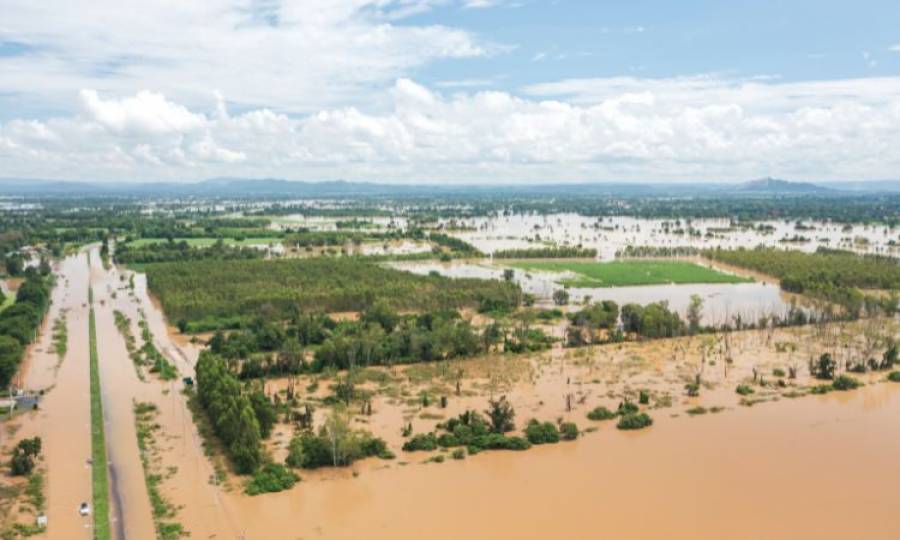Affluent states have a responsibility to assist Pakistan: The Lancet

KARACHI: Since the 2010 floods ravaged Pakistan's poorest citizens, not much has changed. This year, although several warnings from the country's meteorological agency, federal and provincial disaster management officials did not act quickly enough to reinforce embankments, clear main drains, or stockpile foodstuffs for anticipated mass relocation.
According to a remark published in The Lancet, the approach lacked coordination and was poor. Authors include Professor Zulfiqar A. Bhutta, founding head of the Institute for Worldwide Health and Development at the Aga Khan University and Co-Director of the SickKids Centre for Global Child Health, stated that the global reaction to the crisis was first delayed and disorganized. Despite the rains, Pakistan remains one of the world's most water-stressed nations.
The authors emphasized the need for comprehensive climate adaptation and mitigation strategies to implement actions in three areas: strengthening capacity to ensure adequate water infrastructure and resources in urban and rural areas; adopting climate-smart construction standards for reconstruction and development of infrastructure; and resource and empowering local governments to provide municipal and environmental services.
High-income countries are obligated to assist Pakistan in addressing its climate emergency. For a nation that generates less than 0.05% of global carbon emissions yearly, it is acceptable to seek climate payback to restore Pakistan's infrastructure and flood control systems. This is climate justice, not foreign aid or charity, as stated by the writers.
Advertisement
Trending
Popular
Aging: New study identifies key lifestyle, environmental factors ...
-
Hair loss: Discovery uncovers key stem ...
08:00 PM, 25 Feb, 2025 -
Broccoli sprout compound may help lower ...
11:31 AM, 25 Feb, 2025 -
Gas Pain vs. Heart Attack: How to tell ...
09:00 PM, 22 Feb, 2025 -
Coconut oil supplement shows promise ...
08:00 PM, 20 Feb, 2025



